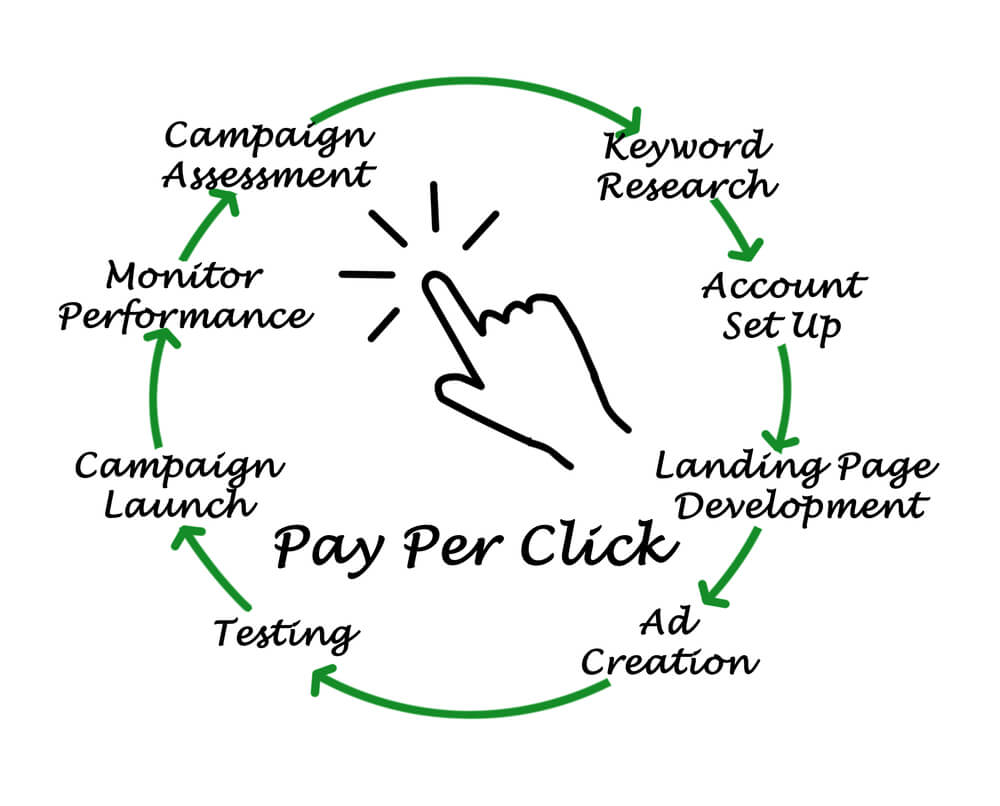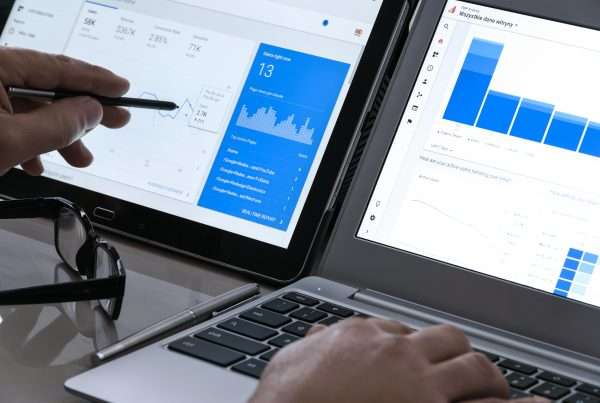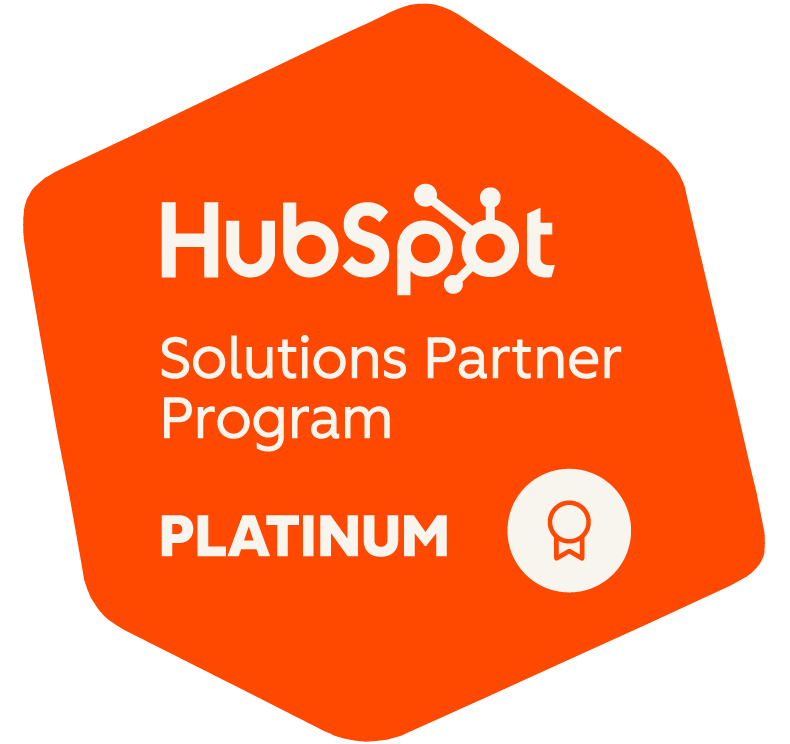Digital marketing is one of the best ways to get measurable results for your brand. Of all the strategies available to digital marketers, PPC is one of the most challenging but effective solutions.
Whether you’re running PPC campaigns on Google, Bing, or social media, these campaigns give brands serious ROI—when implemented with finesse, that is.
The problem is that many marketers fall prey to PPC myths. They trust these myths as fact, which negatively affects their campaign. That means misinformed marketers are getting lower ROI on PPC and hurting their brand’s bottom line.
6 PPC Myths to Ditch
PPC is popular because it works. But because it’s ever-changing and complex, it’s rife with misunderstandings. As marketers, we have to learn to avoid the myths so we can get to the heart of what makes for good PPC.
Challenge these PPC misunderstandings with the truth to get more results from your campaigns.
1. PPC is pay to play
This myth is most prevalent in small businesses with limited PPC budgets. People think that they need to spend more money to get results with PPC. They feel like they can’t compete with other businesses that pump $10,000 into a campaign.
While a bigger budget will help you get more impressions, it doesn’t guarantee success. Your budget is only one facet of a PPC campaign. In reality, PPC success comes down to relevance and quality over dollar signs.
Don’t avoid PPC because of your budget. With a good keyword strategy, proper campaign setup, ongoing management, and remarketing, you’ll get the most ROI out of even the smallest budget. Run your own race and don’t worry about the big guys.
2. PPC is “set it and forget it”
PPC is like a pot of boiling water: you may be able to leave it alone for a few minutes, but eventually, it will boil over.
“Set it and forget it” is one of the worst things marketers do to their PPC campaigns, and it’s very common. Many people believe that campaign setup is a one-time thing, but it’s not. You have to allow the campaign to run, collect the data, and adjust the campaign based on that data.
Even if you’re relying on AI-powered tools like Smart Bidding, you still need human eyeballs on your campaign. You don’t need to be in there every day, but your team needs to evaluate the campaign at least once a week.
It’s easy to get complacent, especially if your campaign has been performing well for some time. But marketers have to check, adjust, and optimize their PPC campaigns. Lots of things change in the advertising world; stay on top of new features and changes that may affect your business’s livelihood.
If you don’t have the manpower to monitor your PPC campaigns, you can always outsource the work to an expert.
3. You won’t get real results with PPC
It’s a story we hear all the time in digital marketing: “I tried PPC and didn’t get any conversions, so that means PPC is useless.”
It’s frustrating to invest time and money into a fruitless campaign. But the problem isn’t with PPC; it’s likely with the campaign setup, your audience targeting, ad copy, landing page, etc. PPC is complex and requires a long term strategy; you can’t try it for a weekend and then write it off completely.
Follow PPC best practices to get more results from your campaign. In a pinch, you can consult with a team of experts like Logical Media Group to get real results from PPC.
4. PPC is only for making sales
Everybody likes making sales, but it’s a myth that PPC is just for generating sales. In fact, we could argue the opposite: PPC isn’t a tool for sales at all.
Users are typically at the top of the funnel when they see your PPC ad. They’re searching for information; they aren’t ready to make a purchase at all. That’s why so many companies fail to see PPC results: they’re focused on driving sales at a point when customers aren’t ready to buy.
Instead, use PPC as a top of funnel strategy. Give value to customers through freebies, content, downloads, or coupons. Give value and build the relationship that will lead to a sale.
PPC probably won’t lead to an immediate increase in sales. What it will do is increase brand awareness, improve your customer data, and drive long term returns.
5. My campaign has lots of impressions! That’s great!
The problem with PPC is that it provides a ton of data. This means that marketers often use the wrong data to guide their PPC strategy.
The biggest culprit here is campaign impressions. In your PPC dashboard, you’ll be able to see your impressions, or the number of times someone saw your ad. It sounds like good news to see that 10,000 people saw your ad.
In reality, impressions mean very little for PPC success. If those impressions didn’t lead to a click or a conversion, or any other type of engagement, they’re low-value.
When it comes to campaign reporting, avoid vanity metrics like impressions. Always prioritize metrics that look at the quality of engagement over the number of views. This will give you a better idea of where you can adjust and improve your campaign for more ROI.
6. Google Ads is the only place for PPC ads
Don’t get us wrong; we love Google Ads. But it isn’t the only PPC game in town. Social media networks, Amazon, and other search engines like Yahoo and Bing also offer PPC options for brands.
In fact, if you always default to Google Ads, you might be losing out on improved costs and engagement on other platforms. Don’t be afraid to experiment to find the right PPC platform for your brand.
The Bottom Line
PPC has the power to boost traffic, increase customer loyalty, and get more long term business for your brand. Know what’s true and what’s false in the world of PPC. It’s easy to believe the myths, but this misinformation will hurt your marketing. Embrace the truth of PPC to get more results.
Need a trusted source to plan your next campaign? Partner with Logical Media Group to create your PPC campaign.









